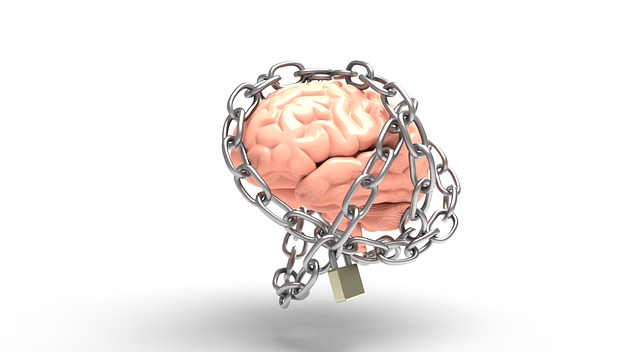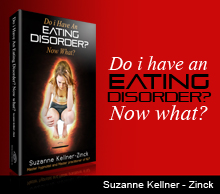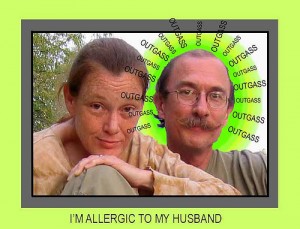
How Can We De-Stigamatize Mental Health? Vol. 512, August 29, 2019
Considering that it is estimated that 50% of all people will experience depression and that is but one of the mental illnesses, it is about time people got real regarding the fact that few will get through life without experiencing some form of it.
I believe that the most important thing that we can do is to share our experiences and let others know that there are many who live normal lives despite some diagnosis.
The worst thing a person can do is to whine and cry about how hard life is for them, and demand others put up with their selfish demands. I call these people “survivors” and I will never work with them. The only people that I will work within my practice are those who are done being ill and are ready to do whatever it takes to heal! I tell the survivors to hang out with some kids with cancer to learn how to be mature about their situation. I had that experience back in the summer of 2009 when I was treated for a non-cancerous brain tumor. These kids laughed and had fun with their families as they waited for their treatment.
The other issue since the publication of the DSM 5, the manual that the licensed mental health practitioners for diagnosing and receiving their insurance payments have made pathology every normal emotion taking away whatever merit the manual may have had.
Let’s remember that one cannot diagnose mental health issues by looking at the body as one can with physiological problems, so the lists that are in the DSM are observable behaviors and thoughts, that overlap one with the other leading to many misdiagnoses and in my estimation over-diagnosis. For example, a person who is dealing with a normal life situation like losing a spouse does not need to be medicated, They need help with the grieving process maybe. A kid who is angry over being treated badly or feels that they were abandoned, needs help to deal with these emotions, not be labeled and medicated. I know this from the 18 years that I have been in the business of hypnosis and NLP helping my clients overcome these issues in a couple of sessions without a label or medication needed.
I have some very unorthodox views given my having been a patient – no more since it was all healed by NLP in 2004, working in the business of conventional mental health and working outside the world of conventional health as a hypnotist & NLP practitioner. My job is to take the labels away forever – and it is most gratifying, to say the least!

Do I have an Eating Disorder? Now What?
Do you suspect that either you or a loved one might be suffering from an Eating Disorder? Find out for sure as well as the best ways to treat Anorexia or Bulimia in "Do I have an Eating Disorder? Now What?", currently available from the Dawning Visions Hypnosis Store.
Do I have an Eating Disorder? Now What?